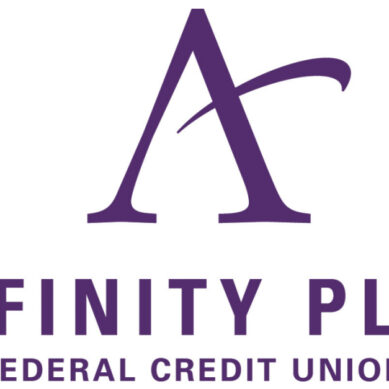In June, the Illinois Interchange Fee Prohibition Act (IFPA) was signed into law, which if enforced would ban financial institutions, payment networks, and others from charging or receiving interchange fees on the tax or gratuity of a debit or credit card transaction.
It would fall on merchants to split tax/gratuity surcharges from the good’s subtotal, or to submit tax information to the issuing bank for reimbursement.
The Act also stipulates that issuers cannot change their interchange fees to offset the amount saved by merchants under the new law, and violations would receive a steep $1,000 penalty per transaction.
What is Interchange and Why Does it Matter to Credit Unions?
Following the passage of the IFPA, America’s Credit Unions joined with the American Bankers Association, Illinois Bankers Association, and Illinois Credit Union League in filing opposition in court. In the filing, the groups argue that “if allowed to take effect, IFPA would throw the modern and efficient payment system into chaos and undermine the significant benefits that credit and debit cards provide to consumers and businesses.” They also argued that the law is in direct opposition to federal statutes and is unenforceable against national and state-chartered credit unions.
“Illinois lawmakers made a grave mistake when throwing small businesses, consumers, and local economies to the wayside in the Land of Lincoln when they passed the IFPA,” said Jim Nussle, America’s Credit Unions president and CEO. “America’s Credit Unions is joining this lawsuit with our banking trade partners to send a clear message – we will always stand up for the American consumer when interchange and the electronic payment ecosystem is disrupted to benefit bad actors and big box retailers. With over 4 million people in Illinois trusting credit unions to help live their best financial lives, it is our duty to combat unconstitutional legislation.”
President and CEO of the Illinois Credit Union League Tom Kane added that the Act would hurt all financial institutions, big and small, and benefit large retailers. “Most concerning of all, the Act will have a negative impact on small businesses and consumers in Illinois that rely upon safe and convenient card transactions,” he added.
To challenge the law and get a preliminary injunction, the groups are falling on the National Bank Act, Home Owners’ Loan Act, Federal Credit Union Act, and Electronic Fund Transfer Act as existing federal laws that conflict with the IFPA.





























































